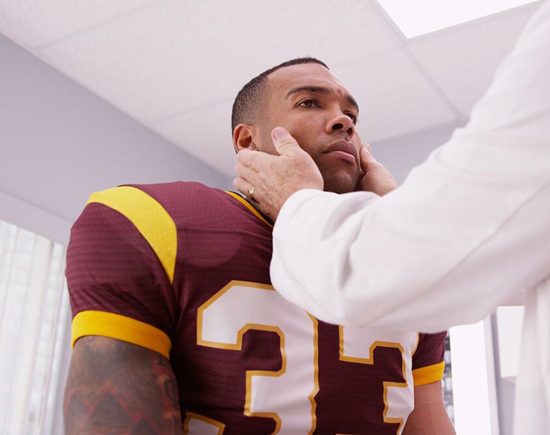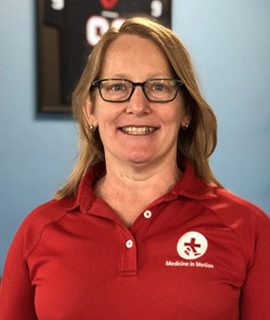Expert Concussion Management & Recovery Services in Austin
Book Your Appointment

When to Use Concussion Testing?
- You play a contact sport, such as football, soccer, wrestling, etc., you should receive a baseline concussion assessment.
- You suffered a potential head/neck trauma and did not get a baseline testing prior to the start of the season.
- You have had several concussions in the past and are worried about long term complications.
- You do not play a sport but have had a recent head injury and want to evaluate your cognitive abilities.
- You are the parent of an athlete and want to make sure their brain is protected.
The best way to manage concussions is to conduct a baseline test prior to the sports season starting. Then if there is a head injury, repeat the test for comparison. By having a comparison between the athlete’s brain functioning before and after the concussion, the clinician is able to make a better evaluation.
Concussions are one of the most common and difficult to manage injuries seen in sports today. News of these injuries, and the sometimes chronic and serious outcomes that follow, have been making headlines across the country. According to the Centers for Disease Control and Prevention, between 1.6 million and 3.8 million brain injuries occur in sports each year – and 63,000 occur in high school athletes alone. With recent advances in neuroscience, sports medicine clinicians are discovering new and better methods to protect your brain health.
Sports concussion experts have agreed that the diagnosis of acute concussion usually involves the assessment of clinical symptoms, physical signs, behavior, balance, sleep and cognition. Just like professional sports physicians, the team at Medicine in Motion uses computerized testing to detect when an athlete is suffering from a concussion. This tool, along with a physician evaluation, can also determine when the concussion has resolved, thereby allowing an athlete to safely return to play.

Concussion Testing FAQs
[ultimate-faqs include_category=”concussion” orderby=”name” order=”ASC”]


